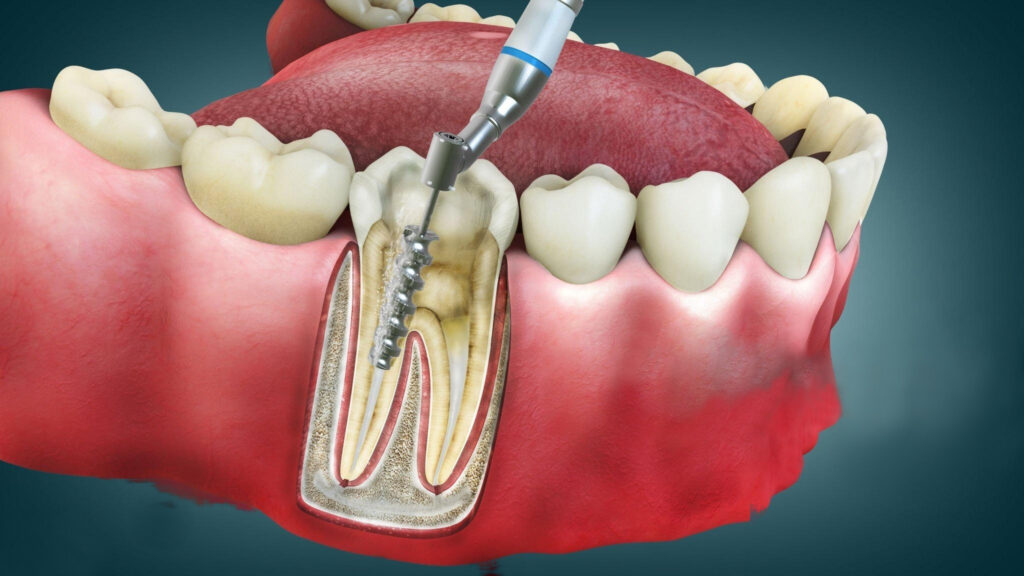Root Canal Treatment: Save Your Smile, Relieve Your Pain
Ever wondered what happens when a tooth becomes unbearably painful due to decay or infection? Root canal treatment is the solution! It’s a safe, modern procedure designed to save your natural tooth by removing the source of pain and infection. With this treatment, you can avoid tooth extraction and enjoy long-term oral health.

Why Do You Need a Root Canal?
Deep cavities, cracked teeth, or injuries can damage the tooth’s pulp – the soft tissue inside that contains nerves and blood vessels. If left untreated, the infection can spread, causing pain, swelling, and even abscesses. A root canal removes this damaged pulp, cleans the area, and protects the tooth, preserving its structure and function.
What to Expect During the Procedure
Many patients fear root canals, but advancements in dentistry make the process virtually pain-free.
- Numbing the Area: Your dentist will use local anesthesia to ensure you’re completely comfortable.
- Accessing the Tooth: A small opening is made in the tooth’s crown to reach the pulp chamber.
- Cleaning the Canals: The infected pulp is carefully removed, and the canals are cleaned and shaped using precise dental tools.
- Filling and Sealing: The canals are filled with a biocompatible material, and the tooth is sealed to prevent reinfection.
- Final Restoration: To strengthen the tooth, a crown or filling is placed, restoring its appearance and functionality.
The Benefits of Root Canal Treatment
- Relief from intense toothache and sensitivity.
- Prevents the spread of infection to other teeth or gums.
- Saves your natural tooth, avoiding extraction and costly replacements.
- Restores chewing and biting ability without discomfort
Addressing common concerns
- “Will it hurt?”
Modern techniques ensure the procedure is as comfortable as getting a filling. - “How long does it take?”
Depending on the severity, it may take one or two sittings. - “Is it worth it?”
Absolutely! Saving your natural tooth is always the best option for oral health and aesthetics.
Aftercare Tips
Post-treatment, you might experience mild soreness, which subsides in a few days. Maintain oral hygiene, avoid hard foods temporarily, and attend regular dental checkups to keep your restored tooth in top shape.
